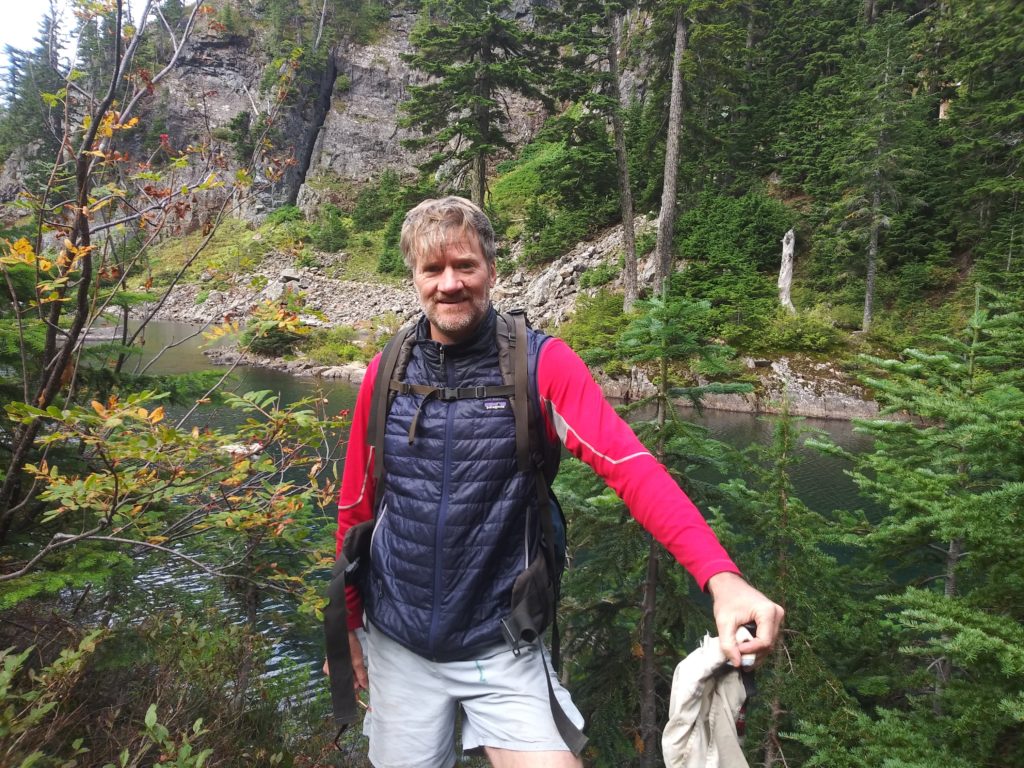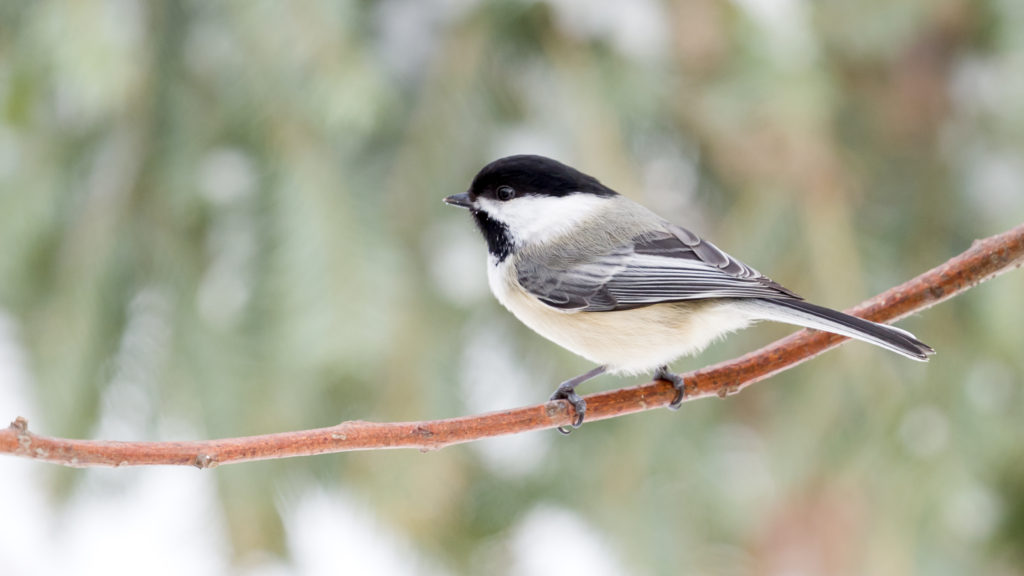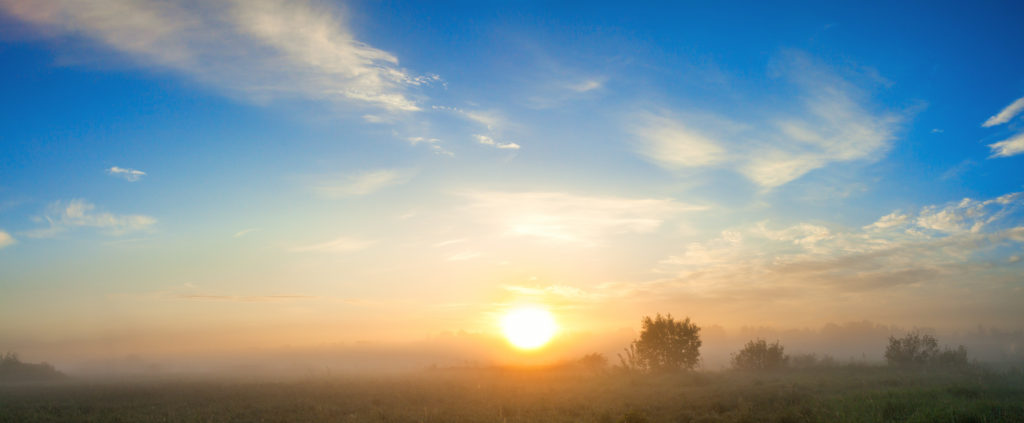April 1, 2020
by Mike Schut, Farm Table’s Senior Director for Programs & Community Partnerships

I am writing this on March 19, 2020. March 20 could bring significant change; the world has shifted under our feet. Though tomorrow is never a given, life’s relative predictability has very suddenly disappeared.
Unless you lived through World War II, it is likely fair to say that these are unprecedented times.
And yet…
And yet when I glance out my window, or take a walk on my rural county road, I am comforted by what has not changed in the rhythms of rest of the natural world. While the COVID-19 pandemic hums through the human world with looming chaos, the chickadees and juncos outside my window know that it is spring, the maple’s sap is beginning to flow, the sandhill crane has returned to our fields–just like last year.

And the rhythm of the farms and farmers in my neighborhood continue like last year as well. Starts are seeded in the greenhouses, dairy cows are milked, livestock are fed and watered, and cheese is crafted at the on-farm creamery.
In “Wild Geese,” one of her most beloved poems, Mary Oliver writes:
No matter who you are, no matter how lonely
The world offers itself to your imagination…
Over and over announcing your place
In the family of things.
No matter how lonely you are, or chaotic the world may be, Oliver believes that solace is available in that very same world, if we but see it. Solace is found in knowing that all of us have a place “in the family of things”—things like the chickadee, the neighbor, the sandhill crane, the field, the farmer.
Among the “things” that Farm Table supports are the twenty-some area farms and farmers from whom we purchase the majority of our restaurant’s food. The things we serve are local. The things we ingest were, not too long ago, members of the family of things around us, raised by farmers we know, using methods we trust.
The thing about right now, the thing about this coronavirus, is that it starkly reveals our dependency on each other, especially those “things” close by: the grocer, the doctor, our families, the neighbor we greet from a safe six feet…and, lest we forget, the farmers and the food they grow.

I suppose one of the other things about this coronavirus, and why it scares us, is it reveals our vulnerability. And we are vulnerable partly because we rely on a global food system, one that is vulnerable to a virus able to shutdown economies across the globe.
Perhaps what we are experiencing now is good practice. Practice for the kinds of challenges that climate change will surely bring our way. It’s not the specific practices–social distancing, washing hands–that we really need to work on (though those are essential at the moment); it’s the much more crucial lessons we need to learn, that we need to practice: that sacrificing for the common good is actually good and enriches our humanity; that we are more interdependent on each other, and the family of things, than independent; and that the more we can do to create a world where more and more people have enough and can experience the solace of belonging to that family of things, the better off all of us will be.
Note: this piece was written for Second Opinion and will be published in their upcoming edition. Thank you for the permission to share it here prior to publication.
